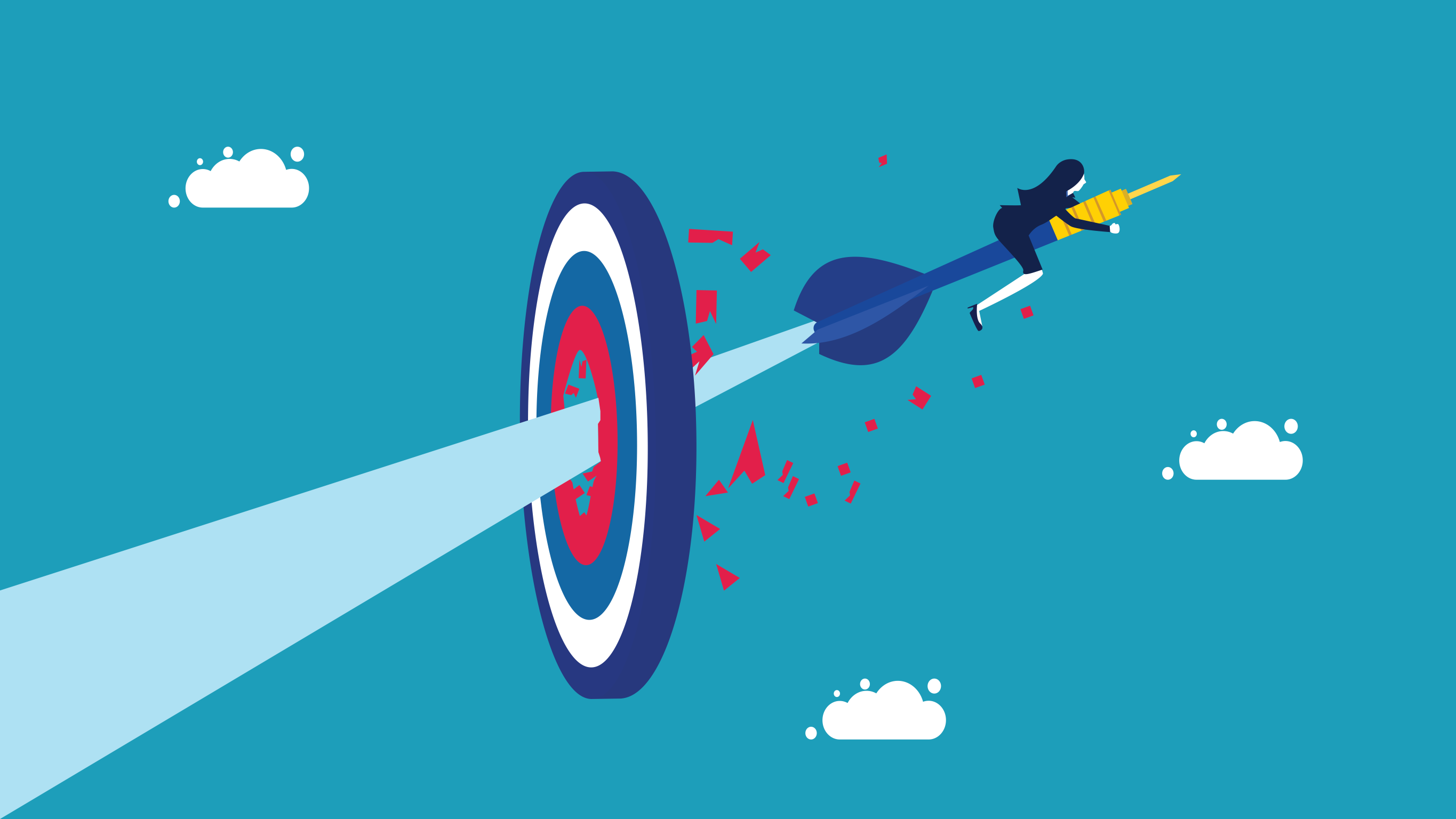22 Sep 2023
SOURCE: CPF Board

As social beings, we tend to compare ourselves to others, particularly our peers. For example, have I accrued more savings than my old schoolmates? Am I able to buy a house as nice as my colleague’s? These comparisons are perfectly normal if they surface now and then, and we do not take them seriously. On the other hand, persistent comparisons can lead to feelings of inadequacy and distort your priorities.
Here are three financial self-awareness mindsets to help you better assess your own financial wellbeing and make the “right” comparisons with others.
The most common form of comparison is to gauge your achievements against other people’s, from salary, savings, to material possessions such as cars, houses and branded handbags. While such comparisons may seem harmless, knowing that you are not doing as well as those around you can be a bitter pill to swallow. Such comparisons can also end up affecting your mental wellbeing, in turn leading to rash decisions that lack sound judgement, all in the hope of catching up.
Financial wellbeing is not a race, and everyone moves at their own pace. Comparing yourself to others is fine as a form of motivation, but it’s also important to be clear what your goals and financial situation are.
It is important to start by being self-aware – familiarising yourself not with the financial situations of others, but that of your own.
Ask yourself this: what are you saving up for? Are your savings on track? You should project your pace of savings into the long term and determine if your desired goals can be attained within your targeted timeline. If the pace is too slow, you should look at changing your saving or spending habits such that you save more within the same time frame.
Rather than look at others, it is more practical to focus on what you are doing now and how things can be improved. By assessing your own financial situation to make feasible changes, you can improve your financial wellbeing over time.
When you change your saving or spending habits, it’s inevitable to start comparing where you are now to where you were before. Recognising the differences allows you to know what worked and what didn’t, so you can emulate the successful endeavours and avoid unsuccessful ones going forward. However, there is also the pitfall of downplaying your current achievements if the difference is less significant than what you have hoped, or feeling discouraged if they are worse than what you were doing before.
Thus, it’s important to acknowledge your progress, and not dwell on the failures, when comparing yourself against your past.
That’s not to say you should ignore the failures. If something didn’t work, you should definitely try to understand why it failed and take the necessary precautions to prevent it from recurring. However, what’s more important is to not dwell on the failures by giving them too much emphasis, thereby allowing them to affect your mental wellbeing and decision making.
Encourage yourself by looking at the progress you have made to get to where you currently are, as well as what you have learnt. Making the most of your current situation to move forward will improve not only your mental state, but also contribute to your financial wellbeing in the long run.
If you are part of the sandwich generation and would like some guidance, check out the small wins to big goals article where some useful tips await you!
It’s good to always have a clear view of your goals and move forward based on a plan. However, your goals and plan cannot be unrealistic, and should be anchored on your current financial situation.
It’s important to keep yourself grounded by not losing sight of where you currently are. In planning for your goals, always look at what you currently have to work with, and formulate or adjust your approach based on it. For example, one simple way to manage your finances is the 50-30-20 budgeting rule, which you can find out more about in the Money Matters: savings and you article.
As for the plan itself, timeline is key and must be reasonable. For instance, if your goal is to achieve $100,000 in savings, and you have a monthly salary of $3,000 now, you can set your monthly savings at $2,500 to hit your goal in 40 months. In practice, however, you are very likely to need much more time than this. You do not want to be demoralised by having only $500 to spend every month!
By keeping a close eye on your current situation and planning for your goal around them, you can formulate a more realistic and enjoyable approach to achieving your goals.
Planning for the future always carries some uncertainty. While it is impossible to predict everything that might come your way, being self-aware and being clear about your current situation provide a good foundation to executing your plan well. After all, it’s only when you know yourself better that you may challenge the uncertainties tomorrow bring more effectively.
The information provided in this article is accurate as of the date of publication.


